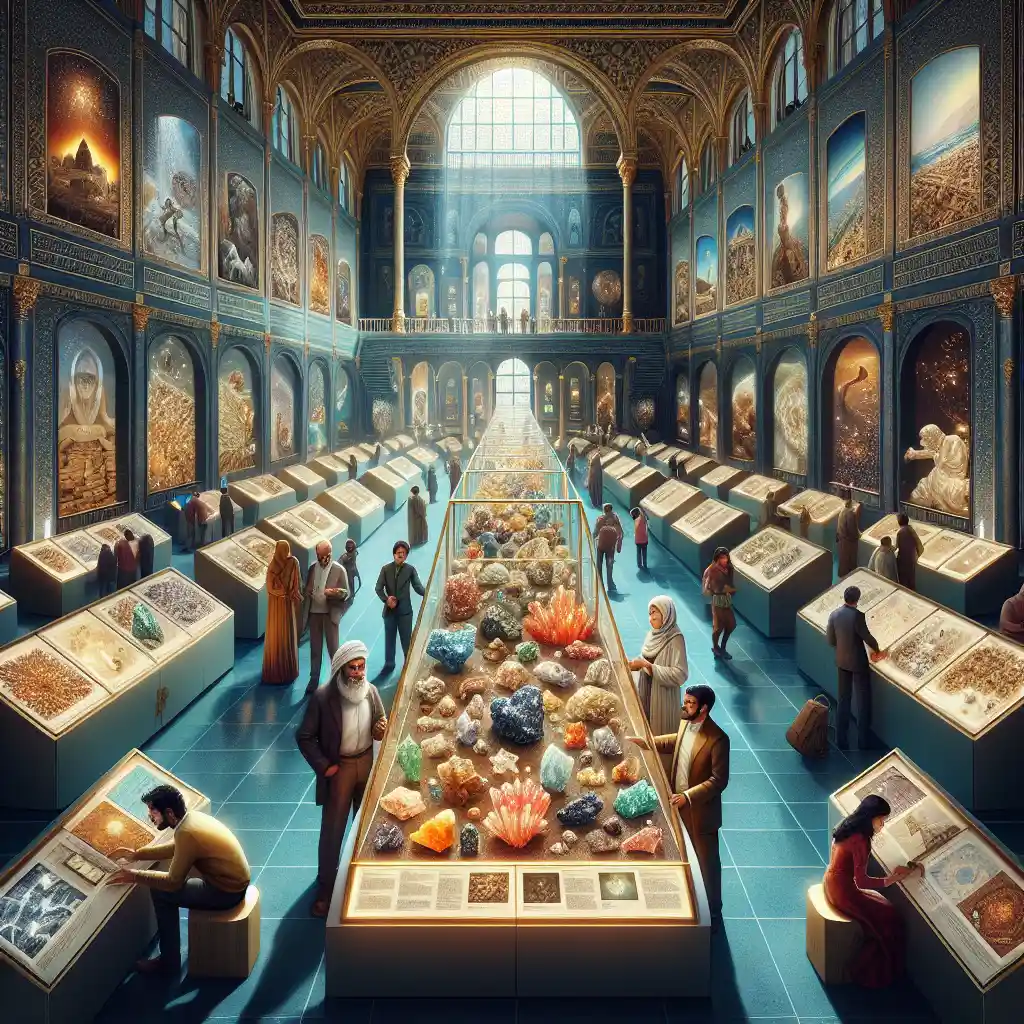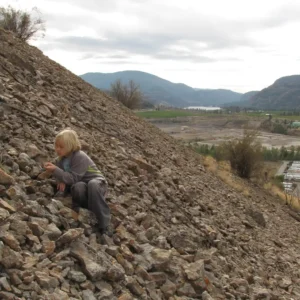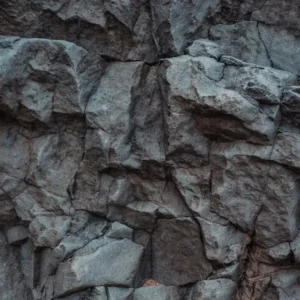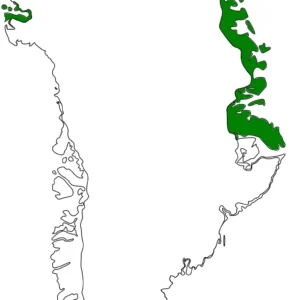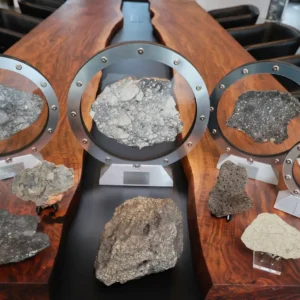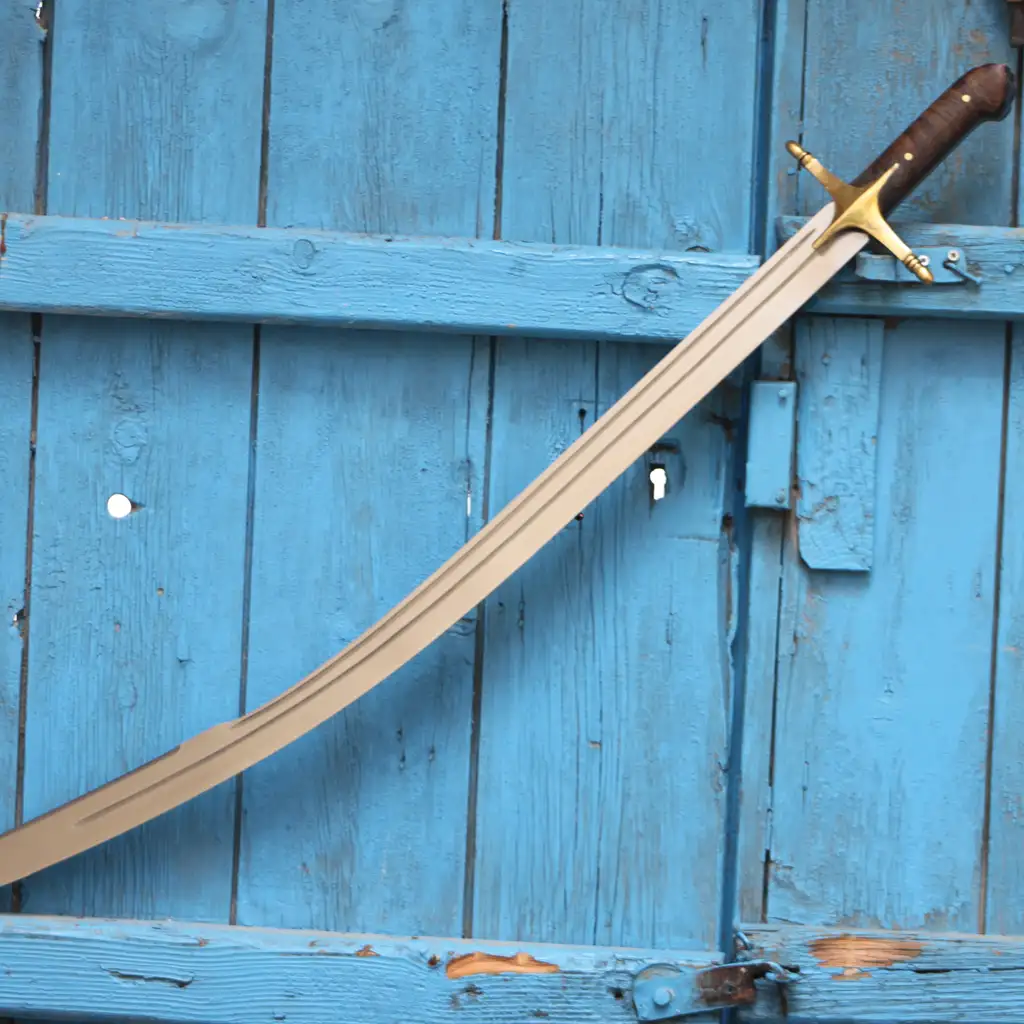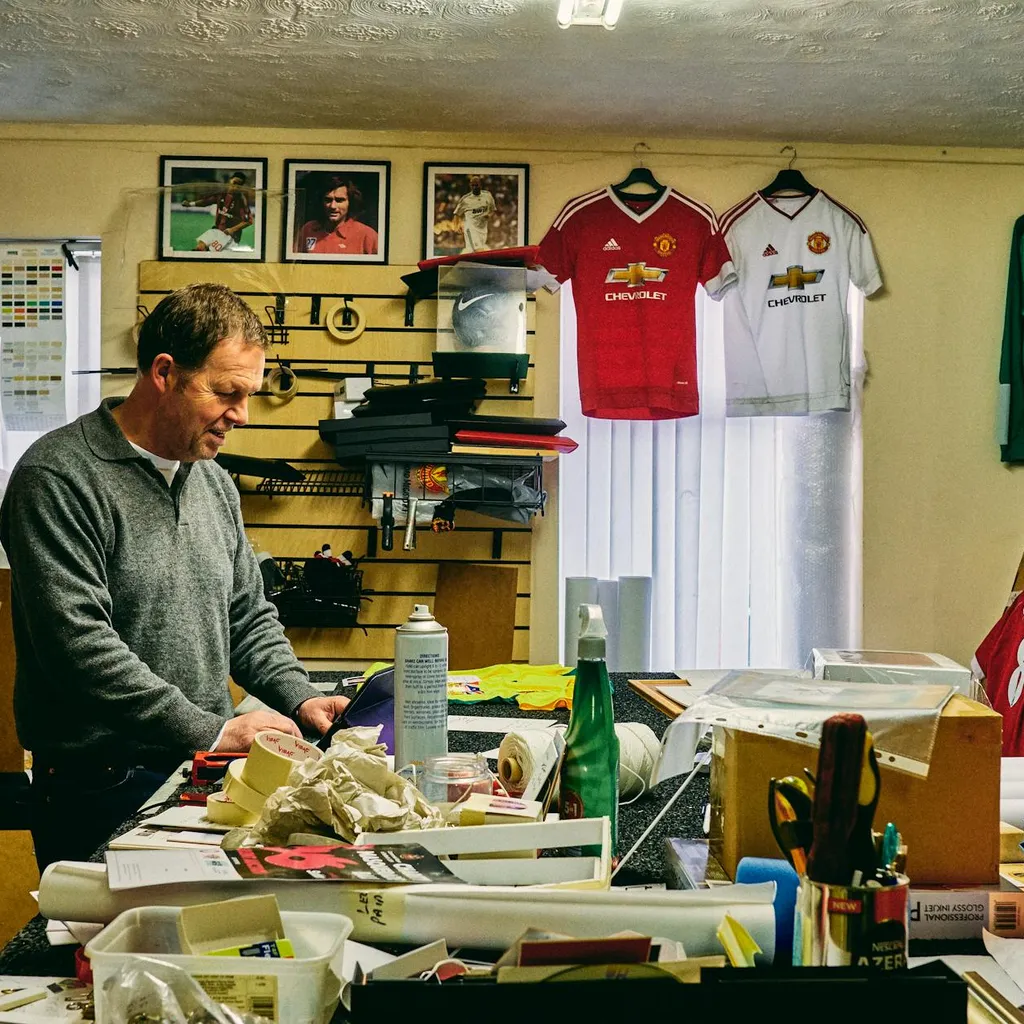The intersection of geosciences with colonial histories is a complex and often overlooked area of study. The discipline of geology, along with its practices and collections, has historically been intertwined with colonial and Eurocentric approaches. This includes the mapping and study of foreign lands, the extraction of natural resources overseas, and a significant lack of indigenous perspectives in research and collections. A striking example of this can be seen in the University of Bristol Earth Sciences Collection, which consists of over 5000 minerals, with a significant portion originating from non-European and former British Empire countries. Yet, the documentation and classification of these specimens have traditionally excluded indigenous knowledge and connections to these natural objects.
Addressing this issue, a project aims to establish an interdisciplinary network to explore ethical methodologies for researching and discussing the colonial histories embedded within the University of Bristol Earth Sciences Rock and Mineral Collection. The project seeks to challenge the current naming, descriptions, and classifications of rocks, minerals, and fossils, which are seen as limiting our understanding of these collections. By incorporating diverse, indigenous, and community-driven knowledge, the project aspires to foster a more enriching and empowering connection with the natural world.
The initiative will involve collaboration with experts from various fields such as social sciences, history, law, music, and geography. This interdisciplinary approach aims to complement the scientific and curatorial expertise within the collection, particularly that of Claudia Hildebrandt, the collection manager with over 15 years of experience. The project will also engage with poet and artist Alyson Hallett, known for her work with migrating stones, and Deborah Hutchinson, the geology curator at the Bristol Museum and Art Gallery, to explore how curatorial practice, poetry, academic thinking, and art can contribute to the decolonizing process.
Key activities of the project include facilitating discussions with University of Bristol academics and potential community partners, and developing a co-design approach to identify ethical methodologies and research questions. The goal is to disrupt colonial and white patriarchal practices in natural science curatorship, such as the naming and display of specimens. An event bringing together academics, curators, and community partners is planned, with the hope of establishing a partnership and project outline that can support a strong bid for future project funding.
Through this collaborative and interdisciplinary effort, the project aims to pave the way for a more inclusive and decolonized approach to geology collections. By acknowledging and integrating indigenous perspectives and knowledge, the initiative seeks to transform our understanding and connection to the natural world beneath our feet.
